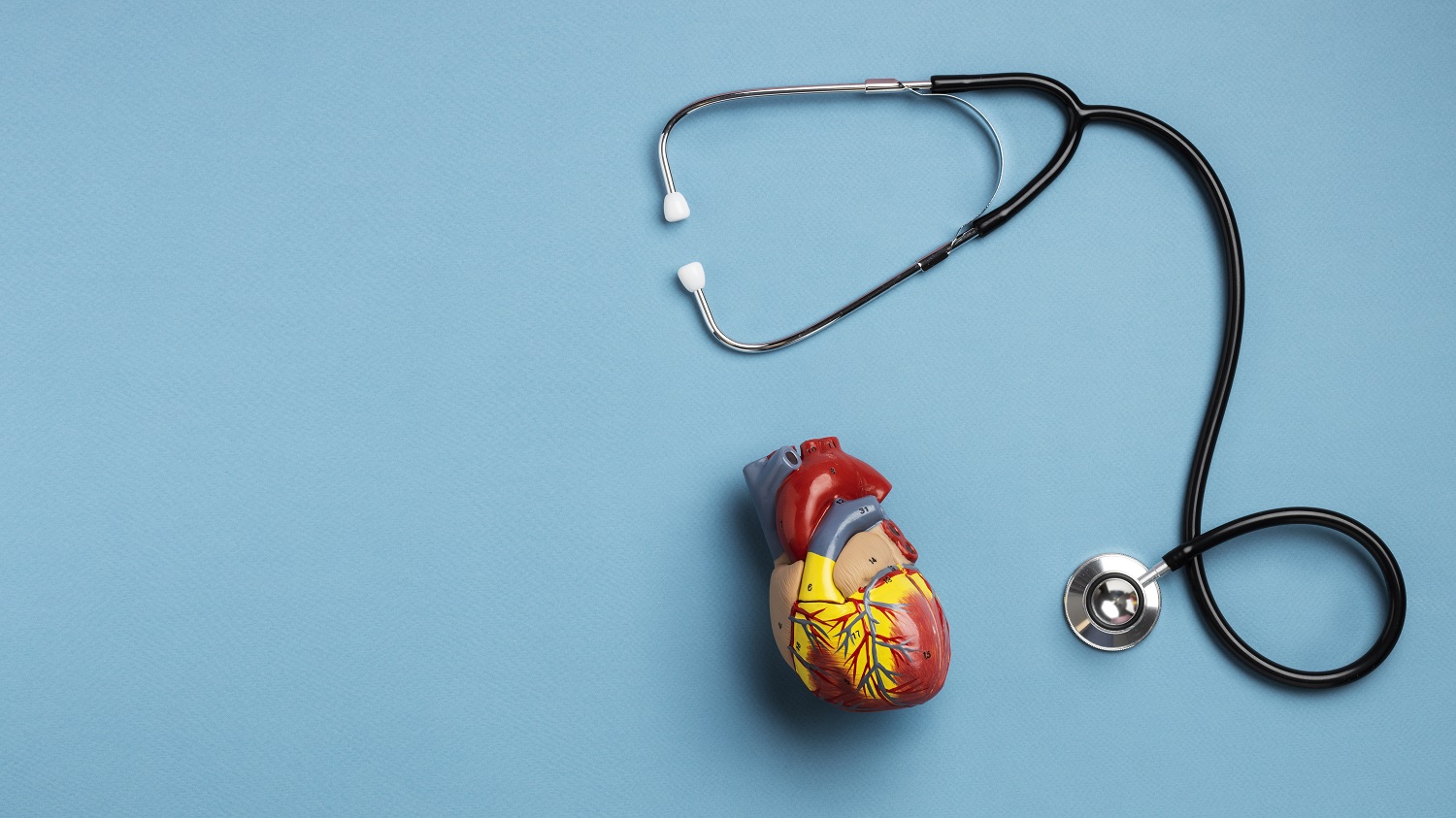1. How Weight Loss Helps the Heart
Carrying extra weight, especially around the belly, can stress out your heart. This additional stress makes it harder for your heart to pump blood effectively throughout your body. However, losing weight can reduce this strain, allowing your heart to function more efficiently and keeping you healthier in the long run. Remember, the journey to a healthier heart is a marathon, not a sprint.
2. Scientific Evidence
Solid scientific evidence supports the benefits of weight loss for heart health. Studies have shown that shedding significant weight can improve key heart health markers. For instance, weight loss can lower blood pressure and reduce cholesterol levels, major risk factors for heart disease. Additionally, losing weight can decrease inflammation, which is also linked to various heart issues.
3. Benefits of Heart-Healthy Weight Loss
Losing weight in a way that benefits your heart involves following a heart-healthy diet and staying active. A heart-healthy diet is rich in fruits, vegetables, whole grains, lean proteins, and healthy fats like avocados and nuts. It also means cutting down on foods high in sugar, salt, and unhealthy fats. Regular exercise is just as important – even simple activities like walking, swimming, or biking can make a big difference.
4. Can Weight Loss Reverse Heart Failure?
Heart failure is when the heart doesn’t pump blood as effectively as it should. While losing weight might not wholly reverse heart failure, it can significantly improve symptoms and enhance quality of life. Shedding excess weight reduces the burden on your heart, making it easier to pump blood throughout your body. This can improve overall heart function and help you feel more energetic and healthier.
Heart-Healthy Weight Loss Tips
1. Eat Well
What you eat plays a massive role in keeping your heart healthy. Start by focusing on heart-friendly foods. Load up on fruits and veggies packed with vitamins, minerals, and fiber. Whole grains, like oatmeal and brown rice, are great for maintaining healthy blood pressure and cholesterol levels. Remember, lean proteins, such as chicken, fish, beans, and nuts. These help build and repair tissues without the unhealthy fats found in red meat.
Try to avoid processed foods as much as possible. These often contain high levels of sugar, salt, and unhealthy fats, which can lead to weight gain and other heart-related issues. Instead, cook meals at home where you can control the ingredients. If you indulge in snacks, choose healthier choices like fruit, yogurt, or a handful of nuts.
2. Get Active
Physical activity is another critical component of heart health. Aim for at least 150 minutes of moderate exercise each week. This sounds like a lot, but it’s 30 minutes daily, five days a week. Activities like brisk walking, swimming, or cycling can do wonders for your heart and help you maintain a healthy weight.
You don’t have to hit the gym every day. Find activities you enjoy, like dancing, hiking, or playing a sport. The important thing is to keep moving. Even small changes, like taking the stairs instead of the elevator, can make a big difference over time.
3. Manage Stress
Stress isn’t just a mental issue—it can impact your heart health, too. When stressed, your body releases hormones that increase blood pressure and heart rate. To control stress, try relaxation techniques like deep breathing, meditation, or yoga. These practices can help calm your mind and reduce the physical effects of stress.
Taking time for yourself is crucial. Whether reading a book, listening to music, or spending time with loved ones, do things that make you happy and relaxed. Your heart will thank you for it.
Incorporating these simple habits into your daily routine can significantly affect your heart health. Eat well, stay active, and manage stress—your heart will thank you!
Take Charge of Your Heart Health: Make Lifestyle Changes Today!
While losing weight alone may not completely reverse all heart disease or heart failure, it can significantly improve heart health and reduce the risk of complications. You can support your heart and overall well-being by making healthy lifestyle changes, such as eating well and staying active. If you’re concerned about your heart health or want to lose weight, remember you’re not alone. Talk to Dr. Einav Myw8 at (310) 943-7535. They can provide the professional guidance and support you need to create a personalized plan tailored to your needs.



